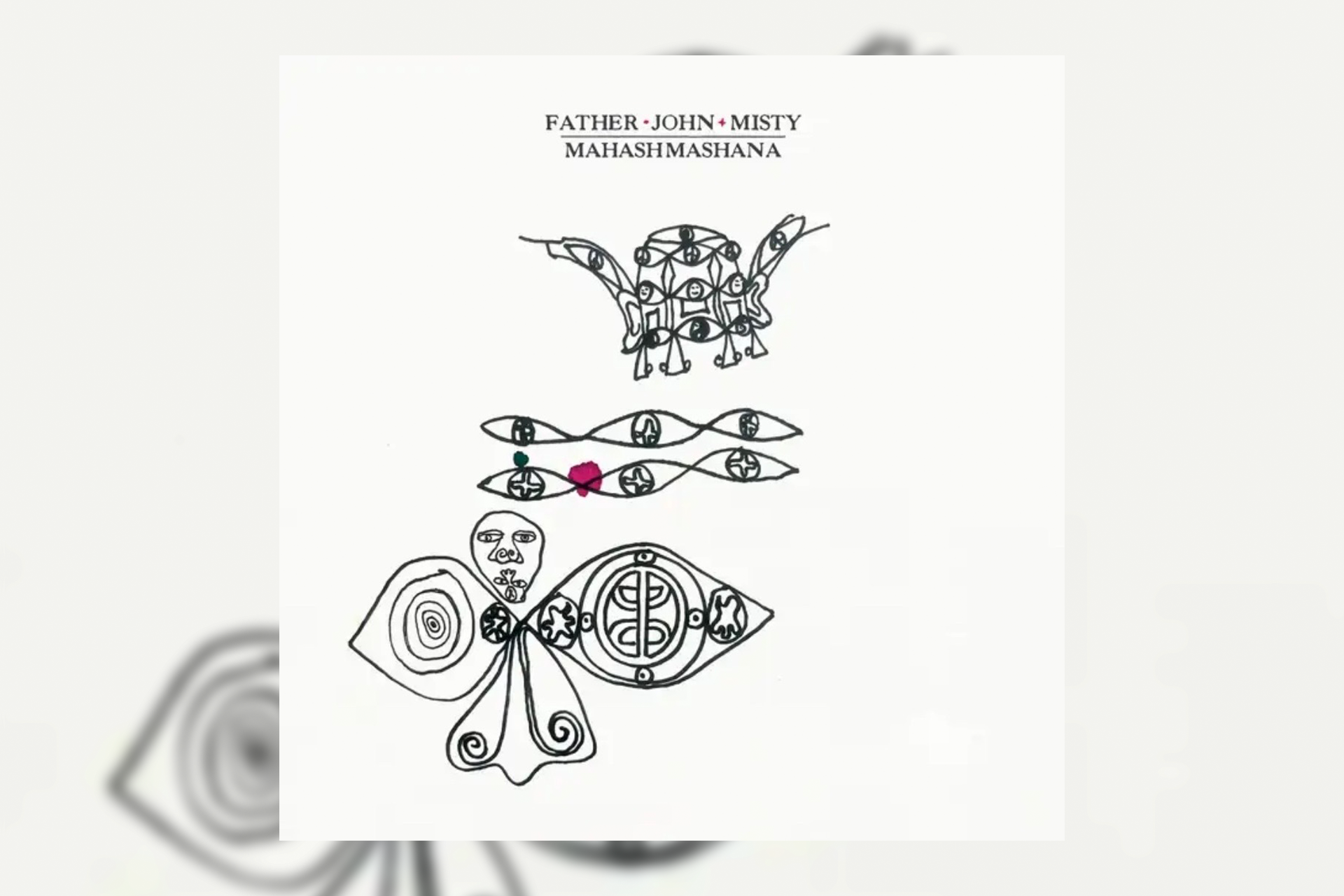Garnering acclaim for his cynical lyrics and unique voice, Father John Misty carved out his niche as an indie folk singer back in 2012.
On his latest album, Mahashmashana, Misty defies preconceived notions, shattering all expectations placed on him throughout his career with a genre-bending social commentary.
The album shifts sounds on a whim. Some tracks retain his classic ballad-like sounds from acclaimed works such as Pure Comedy and God’s Favorite Customer.
In other moments, he’s nearly unrecognizable. The result is a diverse album that avoids some of the pitfalls of Misty’s previous works.
The titular opening track, “Mahashmashana,” feels like a classic Misty ballad amped up with cinematic grandiosity — a swelling string section and passionate saxophones guide the song’s gorgeous, resonant feel.
[Grammy nominations, charts signal growing acceptance of experimental music]
Cryptic and poetic lyrics pepper the nine-minute song, employing religious imagery to question a culture of superficial relationships. Its title translates from Sanskrit to the “Great Cremation Ground,” symbolizing spiritual transformation. Given its skeptical lyrics, this irony gives the song a poignant edge.
“A perfect lie can live forever/The truth don’t fare as well,” Misty sings. “It isn’t perched on lips mid-laughter/It ain’t the kind of thing you tell.”
While this opening could be read as familiar territory, the effect doesn’t remain. Misty quickly flies off the handle, exploring unexpected genres like blues rock and funk.
Very few of the eight songs sound alike. Though it lacks a strong central identity, Mahashmashana is more exciting than Misty’s previous albums.
Laid-back vocals and a filthy horn section fuel “I Guess Time Just Makes Fools of Us All,” with a genre-bending, yet welcome take on funk. Its ear-melting instrumental is baffling — Misty isn’t the type to craft such a high-energy, danceable track, but the results are undeniably infectious.
Recognized for strong lyricism, Misty taps into a folksy storytelling vein for a tale of lies and deceit in the music industry.
Using references to kings and the devil to condemn the music industry for its exploitation of artists he sings, “‘Hey I can sell you a million records / I mean your image could use an overhaul’ / Don’t you know time just makes fools of us all?” harkens back to storytellers such as Bob Dylan.
Misty’s anecdote on the LSD-fueled mental breakdown, “Josh Tillman and the Accidental Dose,” is tragically melancholy. Gradually despondent lyrics complement an anxiety-inducing string section, a slow invasion of the otherwise sedated instrumentals.
Like much of Misty’s discography, his lyrics could seem pretentious, as if he’s the only one who has the world figured out. “Mahashmashana,” for example, reads like Misty lecturing the audience on the dangers of religion. His earnest vocal delivery, however, dilutes the smug aura, leaving the track much more tolerable.
[How UMD students can find entertainment for free or reduced prices with just a click]
On an album divergent from what Misty is known for, he still manages to catch me off guard. “Screamland,” a power ballad antithetical to Misty’s persona, is a genuine call for hope in the face of impending doom.
Misty trades his sardonic lyrics for positivity — “Stay young/Get numb/Keep dreaming.” Its intimate, synth-laced backdrop contrasts with heavy, distorted guitars, creating an existential vibe similar to a late-night breakthrough.
Misty explores his furthest creative reaches to great results on Mahashmashana. The album’s unpredictability is justified by fleshing out its various genres, cementing itself as a unique highlight of his greater discography.



